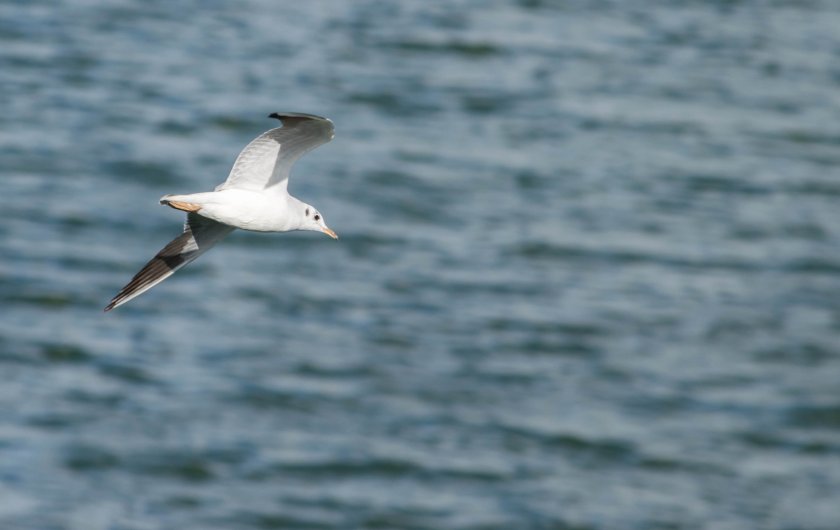
The Scottish government has outlined a new response plan to deal with the issues posed by the UK's largest ever bird flu outbreak and its impact on wild birds.
The response plan sets out the approach that the Scottish government and its agencies will take to respond to an outbreak of highly pathogenic avian influenza (HPAI) in wild birds.
The last two years have been some of the most challenging on record for Scotland's wild bird populations.
In the year to 30 September 2022, surveillance data showed avian flu was present in 34 wild bird species in Scotland.
In the spring and summer of 2022, a total of approximately 20,500 seabird deaths across 160 locations were reported to NatureScot.
The new response plan provides guidance to regulators, the public, those involved in animal rescue, researchers and academics and environmental non-government bodies on issues relating to avian flu in wild birds.
Environment Minister Gillian Martin said: “The avian flu outbreak in wild bird populations across the globe is extremely sad and has been difficult for us all to witness.
“In most cases there is no alternative but to let the disease run its course, however the effectiveness of our multi-agency response in monitoring the spread of the virus can build our understanding of the outbreak and what mitigation measures might be helpful.
“Our understanding of the outbreak in wild birds is also important in helping us to minimise the impact on kept birds and poultry, who we cannot forget have also been significantly affected by this virus."
She added: “I want to take this opportunity to thank people across a variety of different government agencies, organisations, charities, local councils and the general public who have been working tirelessly to respond to this unprecedented avian flu outbreak.”
Since late 2021, the UK and Europe has been experiencing one of the worst avian influenza outbreaks on record, with tens of millions of poultry culled.
Earlier this year, four poultry workers in England contracted avian influenza after they came into contact with infected birds.
Despite this, the government recently lifted the Avian Influenza Prevention Zone (AIPZ) for poultry and captive birds, introduced to help stop the spread of bird flu, as the risk of the disease was reduced to 'low'.
